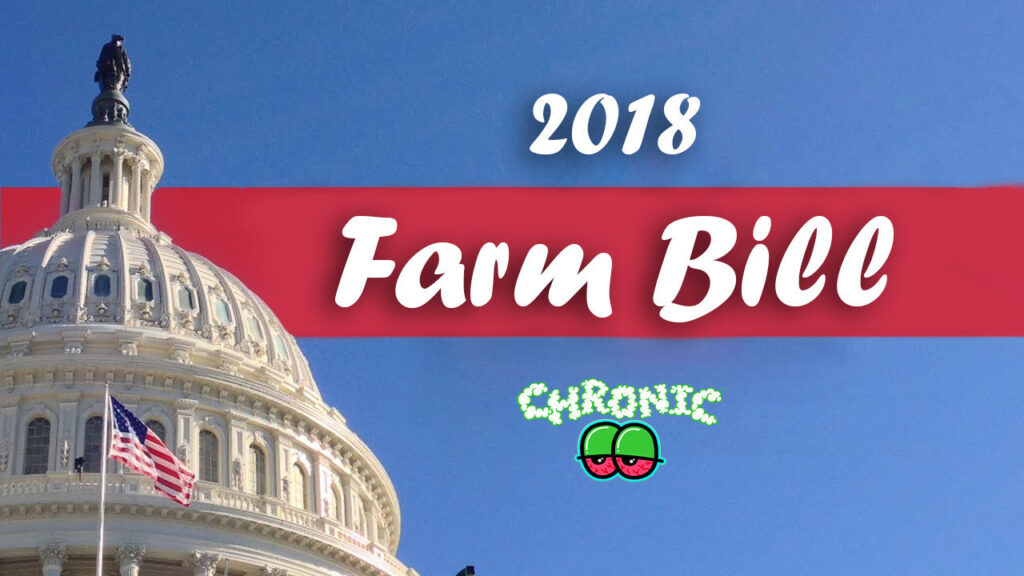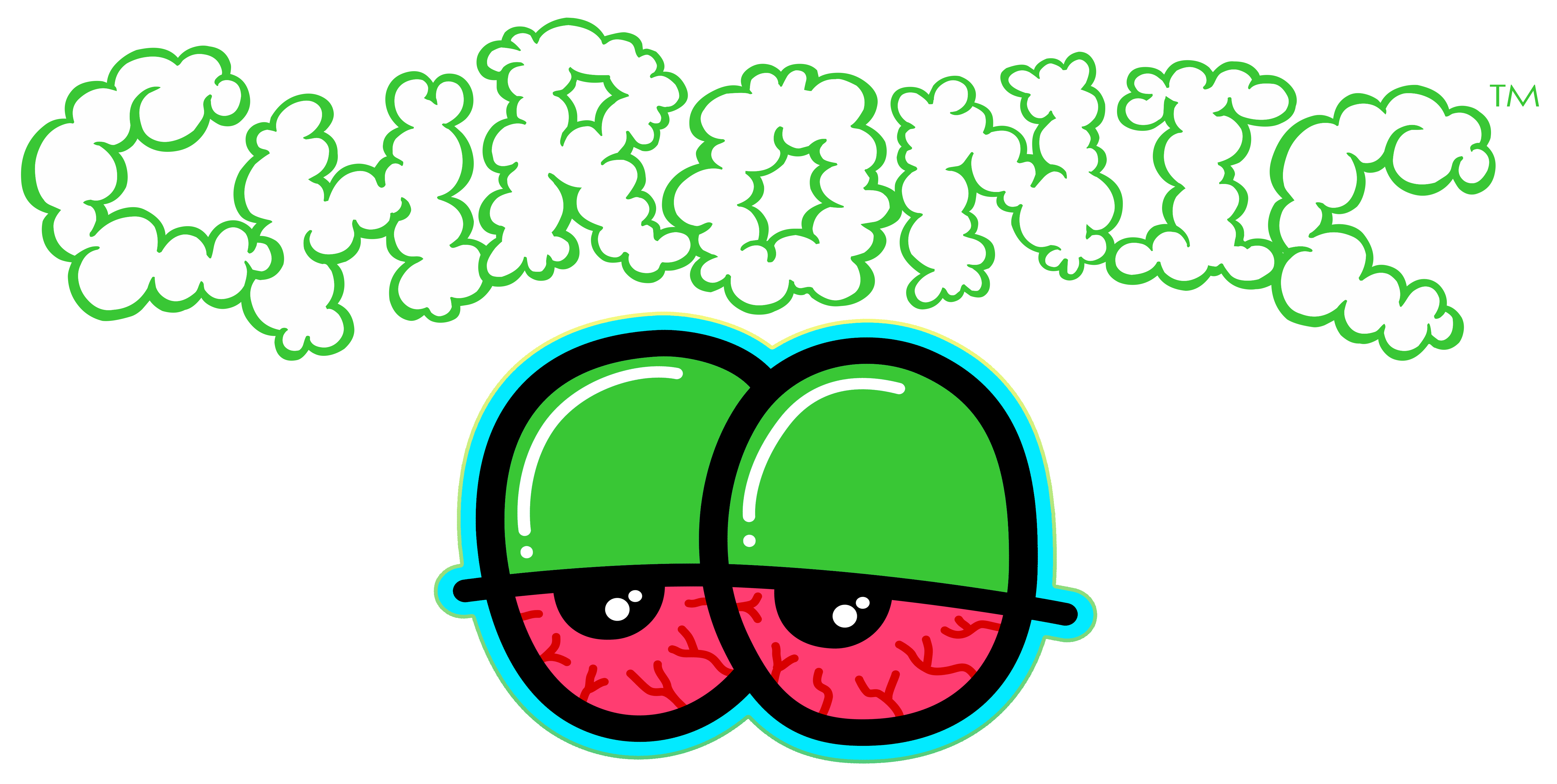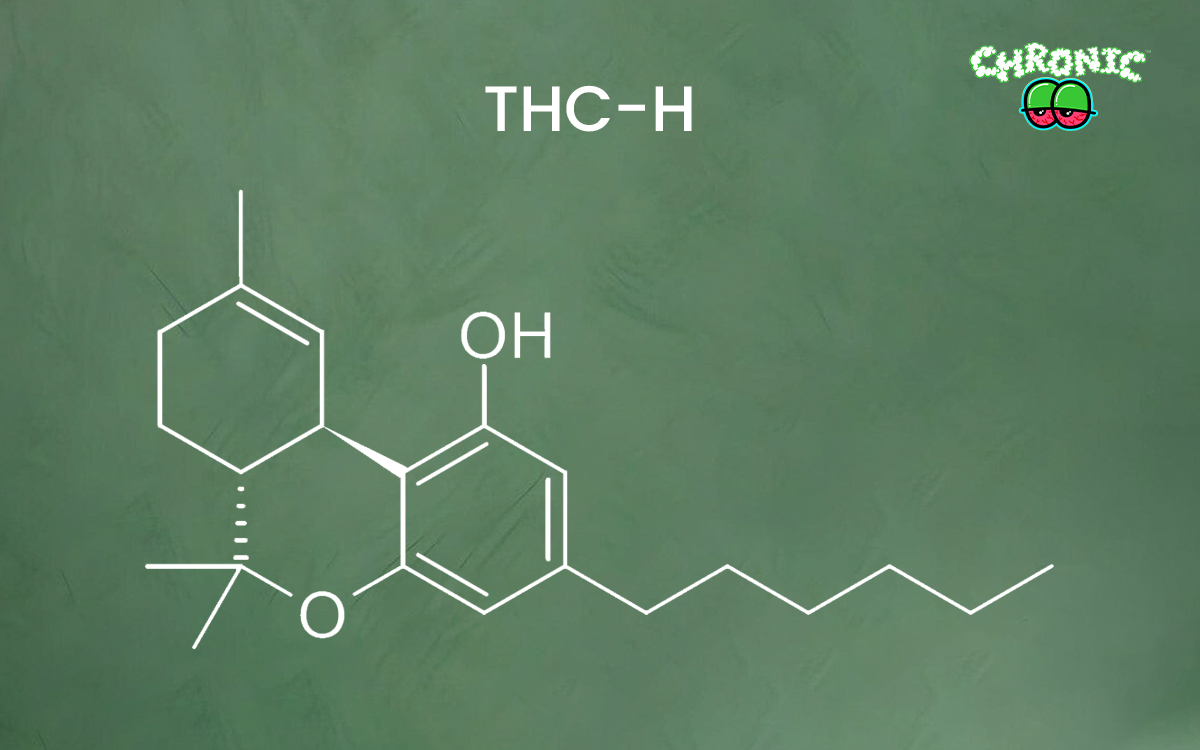Tetrahydrocannabihexol or simply THC-H is a new and one of the rare cannabinoids which recently discovered in cannabis. This discovery exemplifies the growing number of cannabinoids gaining recognition for their effects and chemical structures.
THC-H is a hexyl homolog of THC, meaning it has a hexol (six-carbon) side chain instead of the propionic (five-carbon) chain found in Delta-9 THC. This minor structural difference may result in distinct potency and interaction profiles within the body’s endocannabinoid system.
Some pre-studies and anecdotal reports suggest that THC-H is also more potent than Delta-9 THC with the ability to bind even stronger to CB1 receptors. Most tell tales of its highly euphoric and relaxing effects with great psychoactive effects. THC-H is indeed potent; usually, small doses are widely used through the use of vapor cartridges or eaten as edibles, tinctures, or other combinations with other cannabinoids.
However, THC-H is still far from being studied; very limited scientific research supports this cannabinoid. Thus, its long-term safety, therapeutic benefits, and legal status are still being studied. Always be responsible with the consumption and buy THC-H products from credible vendors.
Is THC-H legal?
Tetrahydrocannabihexol, generally known as THC-H, is one of the cannabinoids derived from hemp. Its legality in the U.S. is based on federal law and state law.
By Federal Law:
Section 12619 of the 2018 Farm Bill legalizes all parts of the hemp plant, including its derivatives, provided they contain less than 0.3% delta-9 THC by dry weight.

Since THC-H is a compound other than delta-9 THC, it is not clearly defined under federal law. Therefore, THC-H, being derived from cannabis, is technically considered legal under federal law.
State Laws
State laws vary greatly from state to state:
- Legal States: In states like Alabama, California, and Florida, THC-H falls within legality, allowing adults to buy, consume, and possess THC-H products without the intricacies of legality.
- States with Confined Conditions: For example, Alaska, Arizona, and Colorado afford themselves the privilege of having restrictive or prohibition laws concerning THC-H. Generally, in such states, legality remains vague regarding cannabinoids derived from hemp due to their different definitions.
- Constitute illegal states: Some states prohibit hemp derivatives regarding intoxications like THC-H. The ongoing signing of new laws makes this list appear to grow further.
Global Scenario
With THC-H, legality changes from country to country. Some have total bans on psychoactive cannabinoids. Others have conditional permissions. For example, Japan put THC-H under full illegal status from August 4, 2023.
The Legality of THC-H in All 50 States
Here’s a table summarizing the legality of THC-H in each specific state below:
| States | Legality |
|---|---|
| Alabama | Legal |
| Alaska | Potentially Illegal |
| Arizona | Potentially Illegal |
| Arkansas | Potentially Illegal |
| California | Legal |
| Colorado | Potentially Illegal |
| Connecticut | Legal |
| Delaware | Potentially Illegal |
| Florida | Legal |
| Georgia | Legal |
| Hawaii | Partially Legal |
| Idaho | Potentially Illegal |
| Illinois | Legal |
| Indiana | Legal |
| Iowa | Potentially Illegal |
| Kansas | Legal |
| Kentucky | Legal |
| Louisiana | Legal |
| Maine | Legal |
| Maryland | Legal |
| Massachusetts | Legal |
| Michigan | Legal |
| Minnesota | Legal |
| Mississippi | Potentially Illegal |
| Missouri | Legal |
| Montana | Potentially Illegal |
| Nebraska | Legal |
| Nevada | Potentially Illegal |
| New Hampshire | Legal |
| New Jersey | Legal |
| New Mexico | Legal |
| New York | Potentially Illegal |
| North Carolina | Legal |
| North Dakota | Potentially Illegal |
| Ohio | Legal |
| Oklahoma | Legal |
| Oregon | Potentially Illegal |
| Pennsylvania | Legal |
| Rhode Island | Potentially Illegal |
| South Carolina | Legal |
| South Dakota | Legal |
| Tennessee | Legal |
| Texas | Legal |
| Utah | Potentially Illegal |
| Vermont | Potentially Illegal |
| Virginia | Legal |
| Washington | Potentially Illegal |
| West Virginia | Legal |
| Wisconsin | Legal |
| Wyoming | Legal |
One can access the latest information from official state resources or from legal counsel for proper understanding.
Is thc-h safe?
THC-H is a new cannabinoid, and safety understanding of it is not yet fully explored. Hemp is also psychoactive in that it interacts with the body’s endocannabinoid system to create effects such as relaxation, euphoria, and altered sensory perception, similar to tetrahydrocannabinol.
Much less has been researched on THC-H, compared to more common cannabinoids such as delta-9 THC or CBD; therefore, there are insufficient studies on its safety, potential benefits, as well as risks.
Read: Is THCA Pre-Rolls safe to smoke?
Early reports suggest that THC-H may be considerably stronger than delta-9 THC, such that minor quantities may yield pretty powerful effects. This super powerful drug can cause higher chances of accidental overconsumption along with side effects including but not limited to anxiety, paranoia, dizziness, and increased heart rates.
Can THC-H get you high?
Thc-H (Tetrahydrocannabinol) can indeed make a person high. It is certainly a psychoactive cannabinoid from the hemp plant which is very much like delta-9 THC, that natural product from cannabis is responsible for producing a high.
THC-H acts with the endocannabinoid system of the body’s compounds and binds with CB1 receptors in the brain; these receptors are involved in many things, including mood control, perception, cognition, and many others.
THC-H alone is supposed to be compared as stronger than delta-9 THC, and it gives euphoria, relaxation, altered perceptions of senses, and, hence, a feeling of enjoying being high is normal.
Normally, people start taking small doses with time and when they feel they are progressing well, they take higher doses. The level of intensity depends on tolerance, the type of consumption, and ingredient quality, these all make a difference.
How is thc-h made?
Generally, THC-H will be produced by a chemical reaction converting a non-psychoactive cannabidiol (CBD) cannabis-derived compound into a more potent cannabinoid substance. The overview of making THC-H is as follows:
1. Extraction of CBD
Under the legal provisions of the 2018 Farm Bill, CBD is extracted from industrial hemp; hemp finds justification as it contains good concentrations of CBD but lower concentrations of THCs.
2. Conversion of CBD
CBD is chemically modified to synthesize THC-H. Isomerization or chemical synthesis is performed to prepare CBD with certain acids and solvents, applying heat to change its structure. To modify the structure so that cannabinoids resemble the effect or produce even better results than a natural THC-H.
3. Purification
The after-product conversion will contain impurities or solvent residues inside them-whatever impurities, one will get rid of such by distillation or chromatography to guarantee a safe final product.
4. Testing
Trusted manufacturers analyze their final product by an analytical third-party laboratory test to check potency, purity, and absence of harmful substances, among others, such as heavy metals, pesticides, or solvents.
Producing new cannabinoids such as THC-H is done mainly by highly specialized laboratories with a very stringent quality check. Chemical changes are bothered by the process and need to be performed by trained and accredited professionals in controlled laboratories and environments under strict adherence to legal mandates to prevent the endangers.
How Does THC-H Work in the Body?
Unlike the traditional THC, this novel tetrahydrocannabinol functions energetically on the endocannabinoid system (ECS)-essentially a public or congregational term for the useful network of receptors, endogenous ligands, and enzymes because they regulate many physiological functions in the body.
Little has been done to study THC-H; however, it is believed that it performs similarly to delta-9-tetrahydrocannabinol (THC) based on their structural analogy.
Interactions with Cannabinoid Receptors:
THC-H might be acting as a partial agonist on cannabinoid receptors CB1 and CB2. The CB1 receptor is primarily located in the central nervous system and mainly governs functions like mood, memory, and pain perception. In contrast, CB2 receptors are mostly in the peripheral tissues and mostly modulate immune response. Cannabinoids such as THC activate CB1 receptors which mediate psychoactive actions including euphoria and altered sensory perceptions. .
Mechanism of Action:
Upon binding to CB1 receptors, THC-H inhibits adenylate cyclase activity, which leads to decreased levels of cyclic adenosine monophosphate (cAMP). Such inhibition will alter the procedures of several intracellular signaling pathways and will affect neurotransmitter release, leading to some physiological and psychoactive effects upon cannabinoid consumption.
Pharmacokinetics:
THC-H is lipophilic and possibly rapidly absorbed and distributed throughout lipid-rich tissues, including the brain. Its metabolism involves hepatic enzymes to produce both active and inactive metabolites, which are excreted mainly in feces and urine. The exact pharmacokinetic profile is yet to be clarified with further studies and examination of THC-H.




